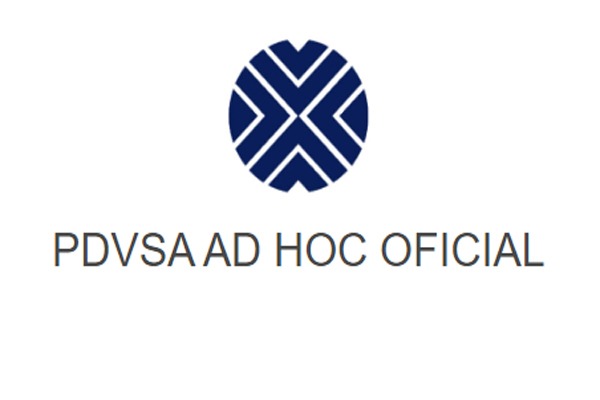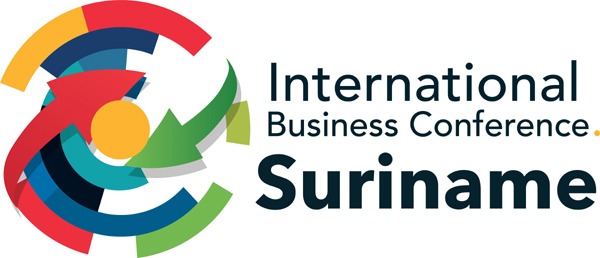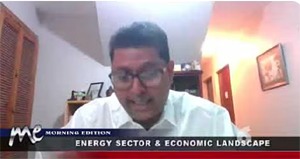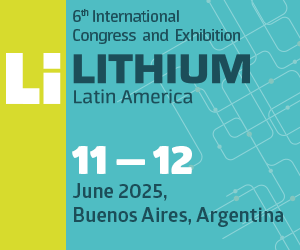PDVSA Clarifies CITGO Profit Claims Amid Maduro’s Statements

EnergiesNet
CARACAS
EnergiesNet.com 02 10 2025
To the Public Opinion
In response to the statements made by Nicolás Maduro, in which he claims that his regime “has not received more than $5 billion in profits from CITGO,” the Ad Hoc Administrative Board of Petróleos de Venezuela S.A. (PDVSA), responsible for the protection of PDVSA’s assets abroad, offers the following clarifications to prevent the dissemination of distorted information to the public.
- During the profit period that Maduro’s regime seeks to claim (2019-2024), his administration has lacked recognition as the legitimate and legal representative of the Venezuelan State in the United States. Additionally, both the regime and Maduro-controlled PDVSA remain sanctioned for persistent reasons, such as violations of the democratic principles enshrined in Venezuela’s constitution, which continue to obstruct the peaceful resolution of the Venezuelan crisis, as chosen by the majority of Venezuelans on July 28, 2024. Therefore, Maduro’s claim is unenforceable due to his own actions.
- Furthermore, the Board reiterates that the level of debt to which CITGO was subjected by the Maduro regime, along with the multiple lawsuits arising from expropriations carried out under the irresponsible management of Hugo Chávez and Maduro, has made it impossible to declare dividends to CITGO’s parent subsidiaries (Citgo Holding and PDV Holding) during the entire 2019-2024 period. In this regard, the Board assures the public that such dividends have never been declared.
- Expanding on the reasons that prevent the declaration of dividends to protect assets, Article 14 of the Transition Statute, regarding the “Disposition and Administration of State Assets,” strictly limits the declaration of dividends to PDVSA Ad Hoc.
- Additionally, since CITGO is an asset subject to sanctions, any dividend declaration requires approval and authorization through a license from the Office of Foreign Assets Control (OFAC), which has never been requested and, therefore, has never been granted.
- The restrictions imposed by OFAC and the provisions of the Transition Statute do not allow for the mobilization of CITGO’s profits as utilities or financial resources. Instead, they only permit the execution of internal operational expenses to ensure the continued functioning of a company that has been successfully restored after being neglected and left in poor operational condition by the Maduro regime.
- This situation occurs in parallel with the ongoing recovery of CITGO. The efforts of the new administration have led to improvements in the company’s corporate governance and operational efficiency across its three refineries, generating extraordinary profits in 2022, 2023, and 2024. This, in turn, has resulted in a significant reduction of CITGO’s internal debt and an improved market valuation.
These achievements position CITGO favorably for a potential democratic transition in Venezuela, in which it could be safeguarded within the framework of a comprehensive restructuring of PDVSA’s debt. The only obstacle to this scenario remains the Maduro regime’s obstinate refusal to allow a peaceful resolution to Venezuela’s political crisis. - Maduro is primarily responsible for CITGO’s excessive debt burden and its exposure to numerous lawsuits. It is utterly irresponsible for him to now claim access to the resources of an asset that remains highly encumbered due to the substantial debts incurred by his own reckless actions.
- Unlike the situation under Maduro’s regime, where oil revenues were squandered without transparency, the current CITGO administration has successfully maintained the company’s operations and profitability, ensuring its stability for Venezuela’s future and shielding it from the usurper regime’s maneuvers.
- It is essential to emphasize that Venezuela’s financial difficulties are not due to a so-called “withholding” of CITGO’s resources, but rather to decades of corruption, mismanagement of PDVSA, and failed economic policies implemented by Maduro’s regime, which now seeks to mislead the public.
The Ad Hoc Administrative Board of PDVSA reaffirms its commitment to defending PDVSA’s assets and rebuilding an oil industry that, in the future, will serve the interests of the Venezuelan people.
Sincerely,
Ad Hoc Administrative Board of PDVSA
Source: PDVSA Ad Hoc 02 07 2025
EnergiesNet.com 02 10 2025














